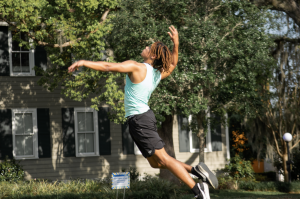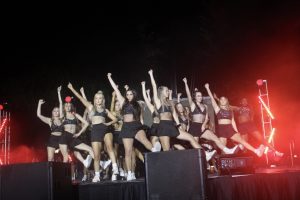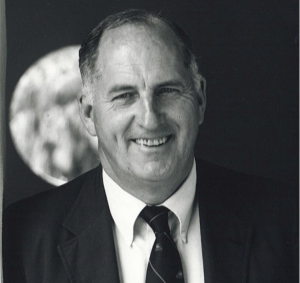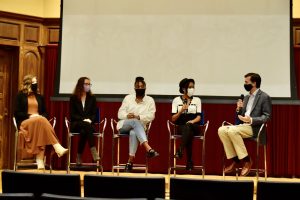For the last diversity dialogue of the semester, Rollins hosted a panel discussion titled Bullied to Death. Its goal was to “engage the Rollins College campus and greater Orlando community in a dialogue about bullying, and more specifically the effects of bullying in the LGBTQ community.”
The panel consisted of student Ashley Greene ’11; Joanna Vogel, director of CAPS; Lisa Tillman, professor and head of the Critical Media and Cultural Studies department; Michael Slaymaker, who is involved in the Orlando Youth Alliance; and Dan Grell, an educator in Osceola County.
Dr. Tillman first announced that the Orange County Board of Commissions would be discussing whether members of the LGBTQ community should be included in their anti-discriminatory laws in their upcoming meeting Tuesday, Nov. 23. As of now, there is no federal protection for the LGBTQ community. Therefore, it is perfectly legal to fire and discriminate people based on their sexual orientation or expression. She went on to explain the LGBTQ community’s presence in the media. Early films portrayed gay characters as either a “sissy, victim, or victimizer.”
In recent decades there have been more shows centered on these stock characters like Will and Grace, Queer Eye for the Straight Guy, Ellen, and more currently, Glee, in which homophobia is marginalized. Dr. Tillman blames the media for enforcing inequality among the community, but also believes it can be part of the solution.
Director of Personal Counseling Joanne Vogel described the psychological effects behind bullying and addresses the issues of self-concept and identity among students. Bullying can cause depression, anxiety and stress, and even psychotic behavior in victims. The concept of bullying is larger than the “schoolyard bully” image because it is emotionally scarring and those effects can last long into adulthood. She claims LGBTQ bullying is caused by fear, insecurity and narcissistic behaviors.
Slaymaker went on to discuss the imbalance of power among members in the community. Many perceive bullying as something only apparent in schools, but many types of bullying exist between families, friends and even in places such as churches. He addressed specific cases in which victims came to the Alliance seeking help after being exposed to bullying. “We had one kid we were working with that had told his parents he was gay. [His parents] gave permission to his siblings to beat him up. His parents believed that they could burn the homosexuality out of him, and so they tried.”
Another case described a boy named Jeffrey Johnson of Florida, who committed suicide after being taunted and teased. He was not self-identified as gay, but people believed he was, and so they “harassed him to his suicide.”
Grell mentioned that bullies are empowered by hidden messages. When teachers are just bystanders to the harassment and do not stand up against it, they are implicitly saying that it is okay to bully. He also says that about 100,000 students a day skip school because they are afraid of their classmates, and their IQs diminish by about two points. Sadly, these statistics have not changed much in the past 10 years.
Greene and Louisa Gibbs ’11 worked this past summer with Gay, Lesbian and Straight Education Network (GLSEN), a program that establishes gaystraight alliance groups in high schools and works for change in the LGBTQ community. She listed some startlingly statistics, like that 85 percent of the LGBTQ community has been verbally harassed. She urges everyone to get involved in the struggle for LGBTQ rights, and suggests you call your local district and ask what they are doing.
All panel members talked about the ongoing harassment happening on the Internet. Awful comments have been posted about the LGBTQ community on Facebook and Myspace. For example, on “Purple Day,” a day dedicated to Billy Lucas, who committed suicide after being tormented for being gay, hurtful comments were written on the event page. Grell says that every one in 10 comments he saw were “evil, wicked, and hateful messages.” It brings up the question of whether or not the Internet has lead to a “devolved society.”
Efforts have been made to diminish this ongoing problem present in the LGBTQ community. An anti-bullying video project titled “It Gets Better” was created, and Rollins created its own version, adding to the title “if we make it better.” All videos were due Dec. 1.
Anyone who feels victimized is welcome to visit the Orlando Youth Alliance, which provides a stabling, grounding experience for students. Greene, the rest of the panel and everyone else who was involved, all promise that “it really does get better.”













Be First to Comment